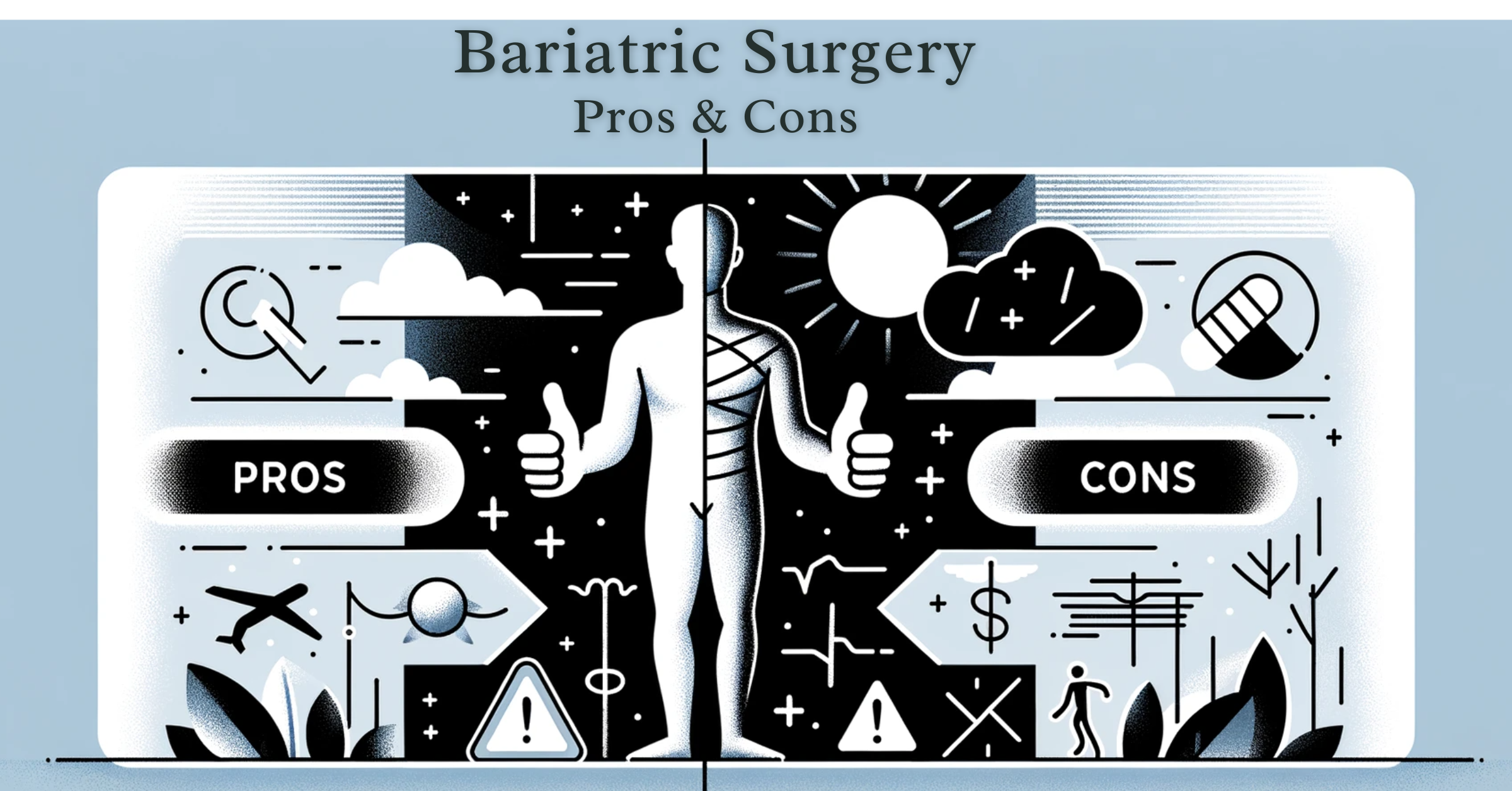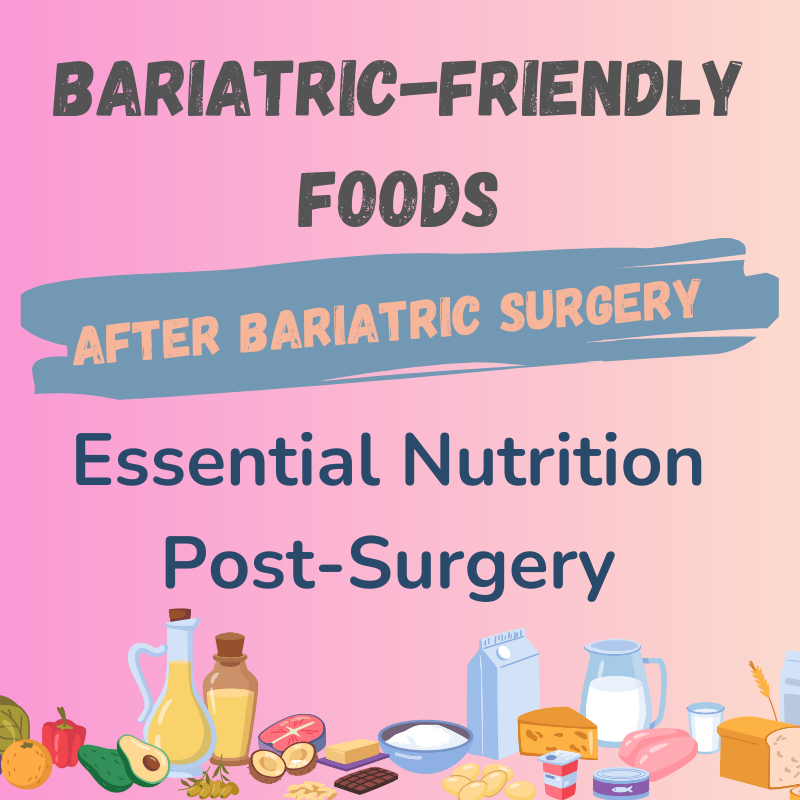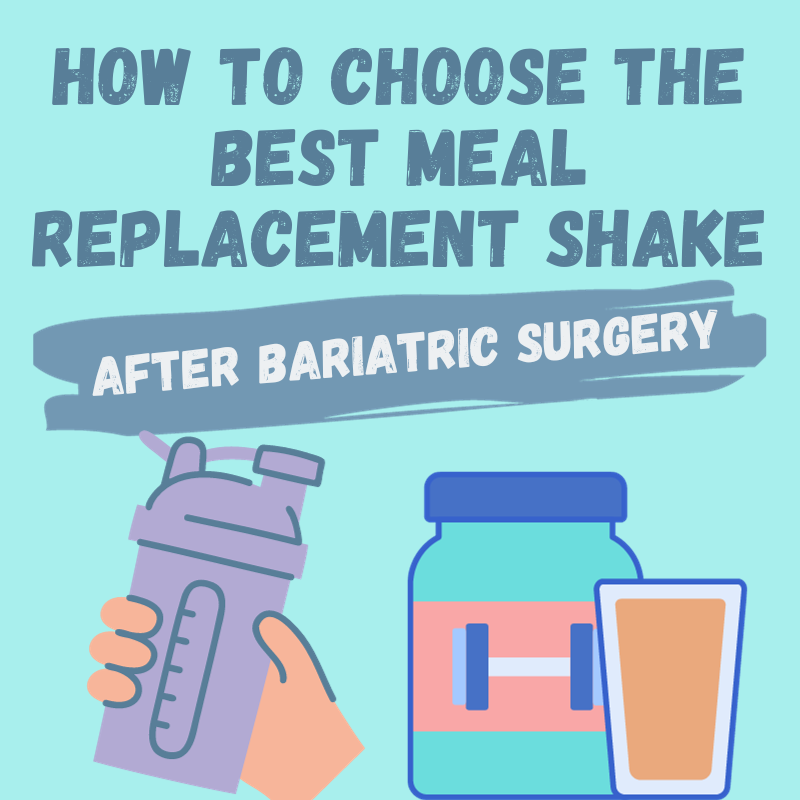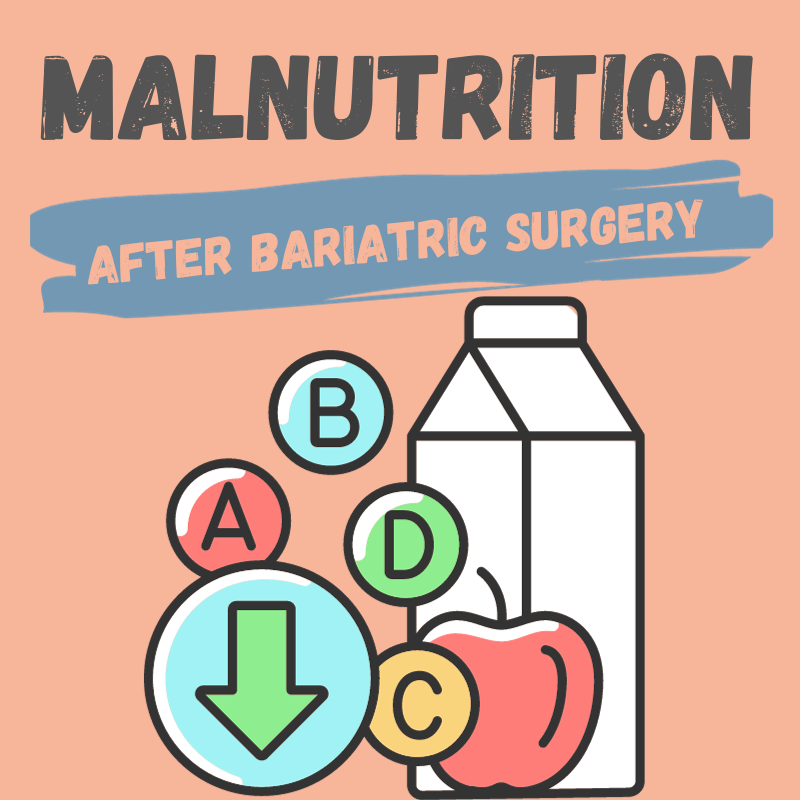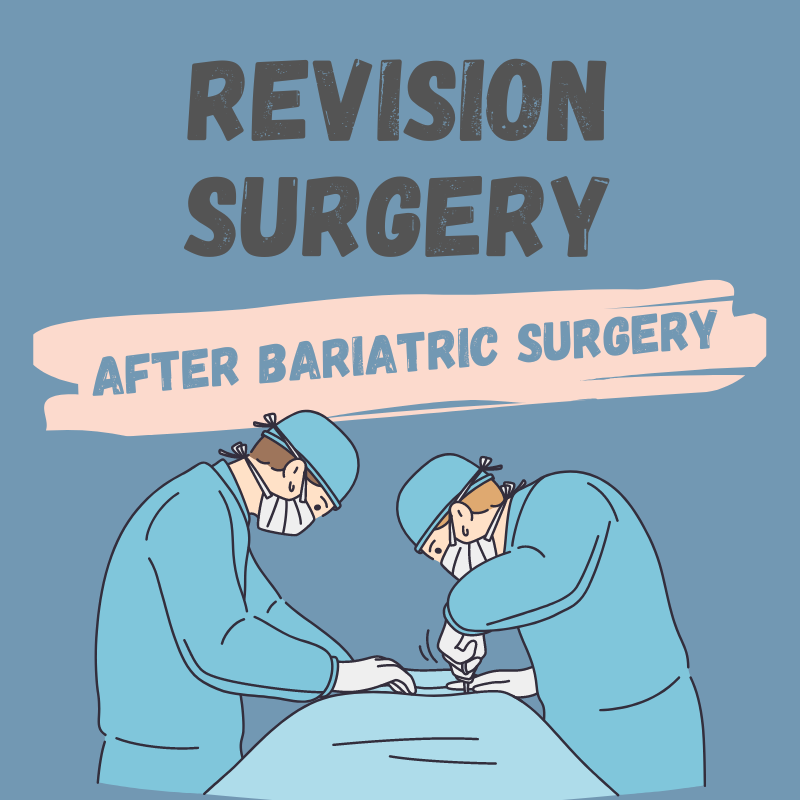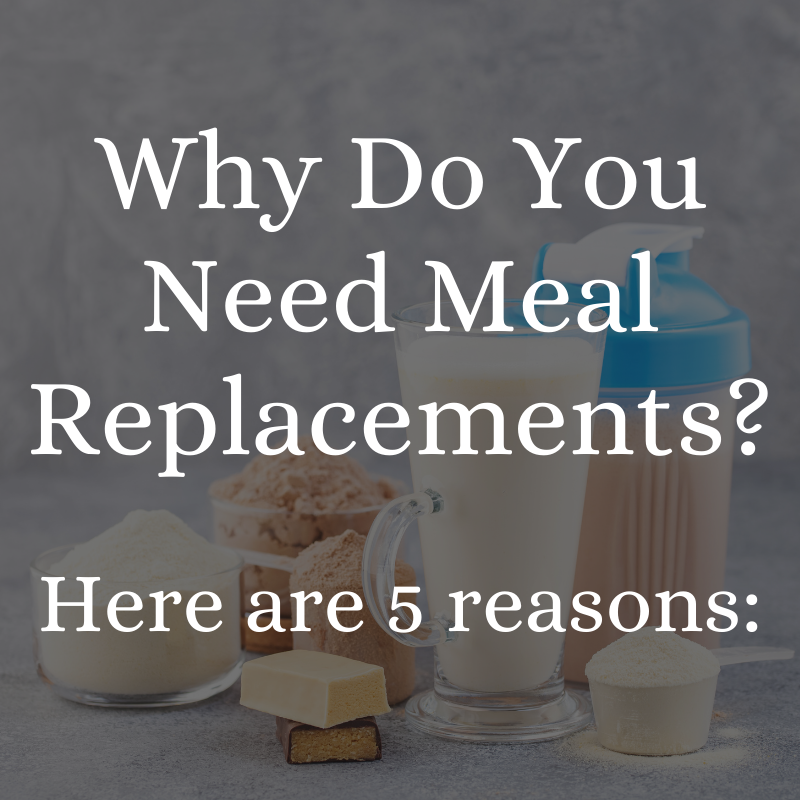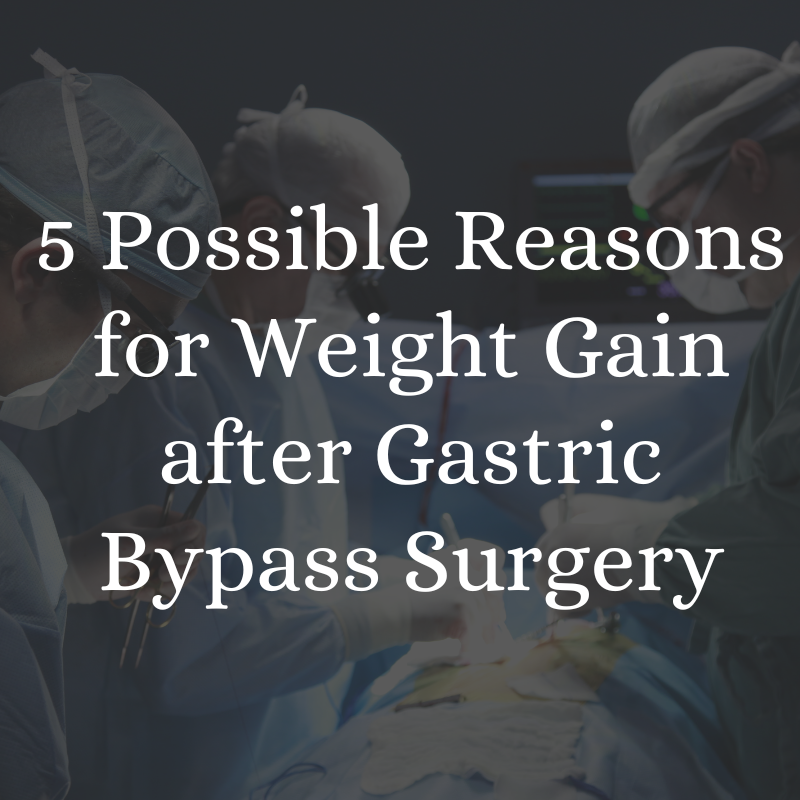Your cart is empty
Sleep Eating

Have you ever heard of sleep eating? Well yes, it is a thing! Sleep related eating disorders are characterized by abnormal eating patterns during the night. There are two different types of sleep eating disorders we are going to focus on today: Nocturnal Sleep-Related Eating Disorder and Night Eating Syndrome.
Nocturnal Sleep-Related Eating Disorder can occur during sleepwalking. This disorder means that you are asleep when you are eating. Many times, people with this disorder prepare food and eat without any recollection for having done so. Night Eating Syndrome is when a person eats during the night with full awareness and may be unable to fall asleep again unless they eat something. Both of these disorders can cause significant damage as they can lead to type 2 diabetes.
It is more common to be diagnosed with Night Eating Syndrome than Nocturnal Sleep-Related Eating Disorder. Some of the symptoms include: little to no appetite for breakfast, eating more food after dinner than during the meal, eating more than half of daily food intake after dinner, and recurrent awakenings from sleep that require eating to fall back to sleep.
I have actually struggled with Night Eating Syndrome. I used to wake up in the night starving and would go to the kitchen to grab a handful of cereal. I would try to ignore the thoughts as I was laying in bed, but it consumed my mind. I honestly felt that I could not go back to sleep unless I had a snack. It has taken me over two years to get through it. I have learned that drinking a lot of water before I go to sleep helps me. I have also had to learn how to meditate and calm my thoughts. For me personally, keeping control over my stress and anxiety has helped me when I wake up in the night wanting to eat. Some people require medications to help them through this disorder. Sleep studies are also done to monitor the brain activity while you are sleeping.
If you are currently going through this, I highly recommend that you reach out to your doctor. Additional testing might be needed to determine if it is Nocturnal Sleep Related Eating Disorder or Night Eating Syndrome. Don’t be ashamed if you are struggling with this. Talk to someone about it so you can ensure you are not causing long-term issues such as type 2 diabetes. You are not alone in this.
Bariatric Guides & Information
More Info
Customer Favorites
- Choosing a selection results in a full page refresh.





